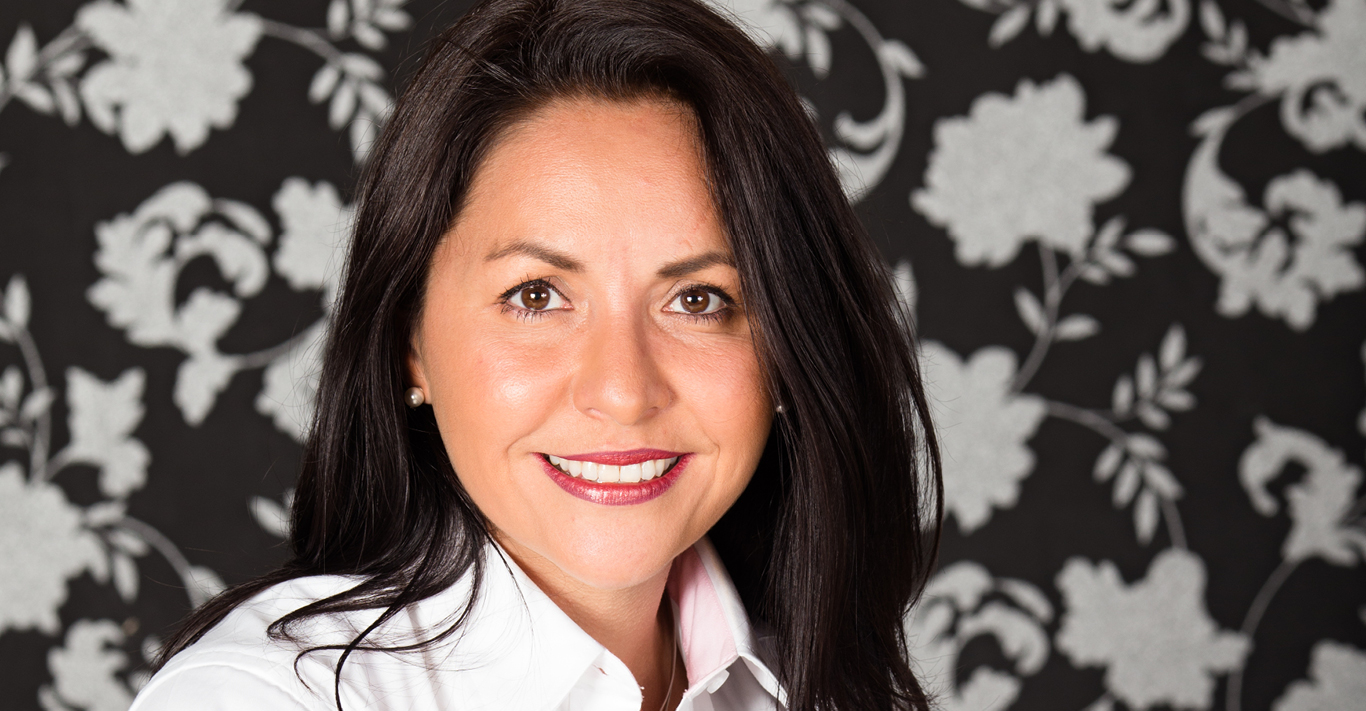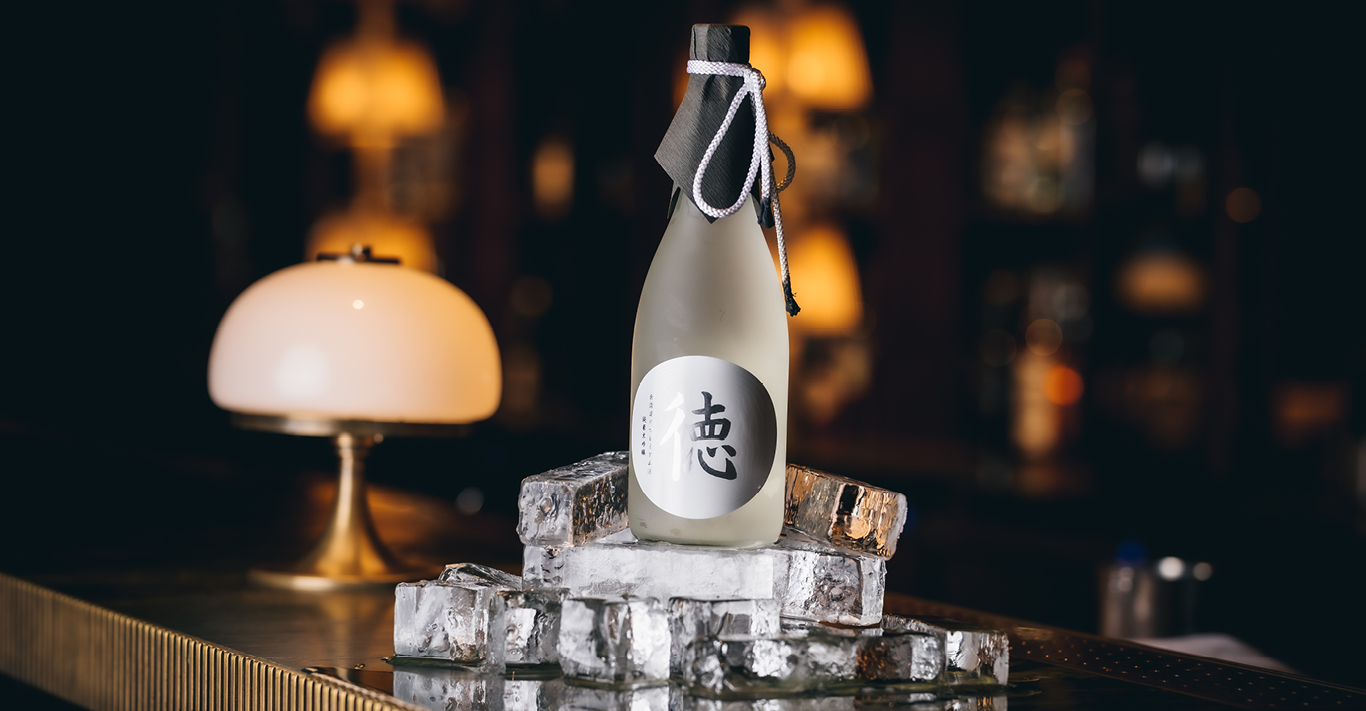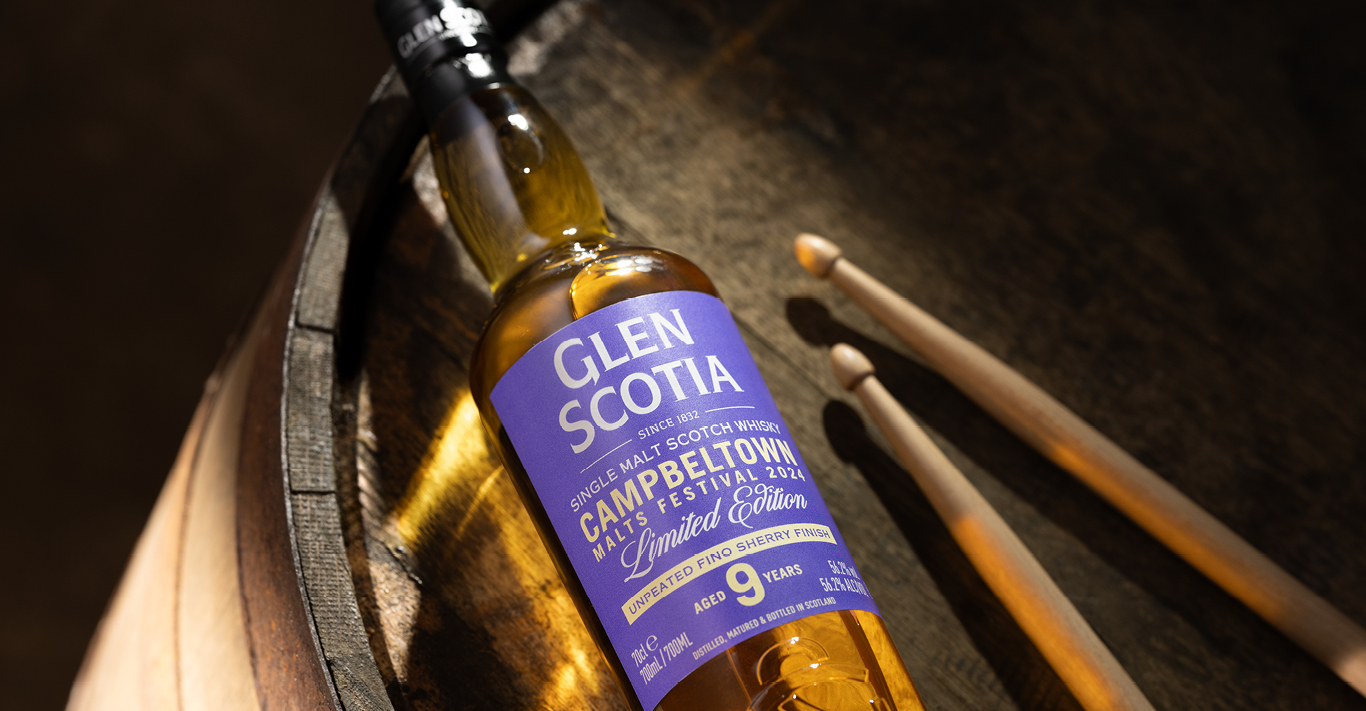WORDS
Jane Fulcher
I set up Mexgrocer in 2009 after spending five years running four restaurants in London. I wanted to start a business that didn’t have such terrible working hours and I knew that there was demand for Mexican groceries in London, from restaurants and consumers. The products we sell come from brands I worked within the restaurant industry and some are new – old and new friends. We are searching all the time for new, innovative products and we love working with small producers.
I come from a very small town by the Pacific Ocean in Mexico, and there you could see there’s a lot of social injustice. A lot of people that grow vegetables and fruits are not paid fairly for what they produce. I come from the countryside and I saw farmers having to give away their lands and go to work illegally in the United States because the Mexican market will pay peanuts for the harvesting – it’s incredibly sad and quite upsetting to see all that. If I told you all the stories I know from my town you would cry about what these people have been exposed to. And I’m convinced that the way to create social justice is by exporting produce because when you export, you leave the mafia that controls the food trade in Mexico out of the equation.
We also try to associate ourselves with companies that believe in social responsibility. We’re trying to avoid or stay away from the big corporates that only make the farmers poorer. I work with small and independent producers in Mexico because I think by doing that we can make something a little bit fairer for everyone. For that reason I don’t work with commodities: I don’t import coffee beans, avocados or lemons or anything like that, because in my experience, the trade of commodities generates poverty. This is true not only in Mexico, but in many countries. When you go to the supermarket and you buy a bunch of bananas for £1, you should wonder how much the farmer is being paid. The supermarket’s margin is normally at least 50 per cent; so if you pay a pound, they pay 50p. Now if they pay 50p to the importer of the product, how much do you think ends up in the hands of the farmer?
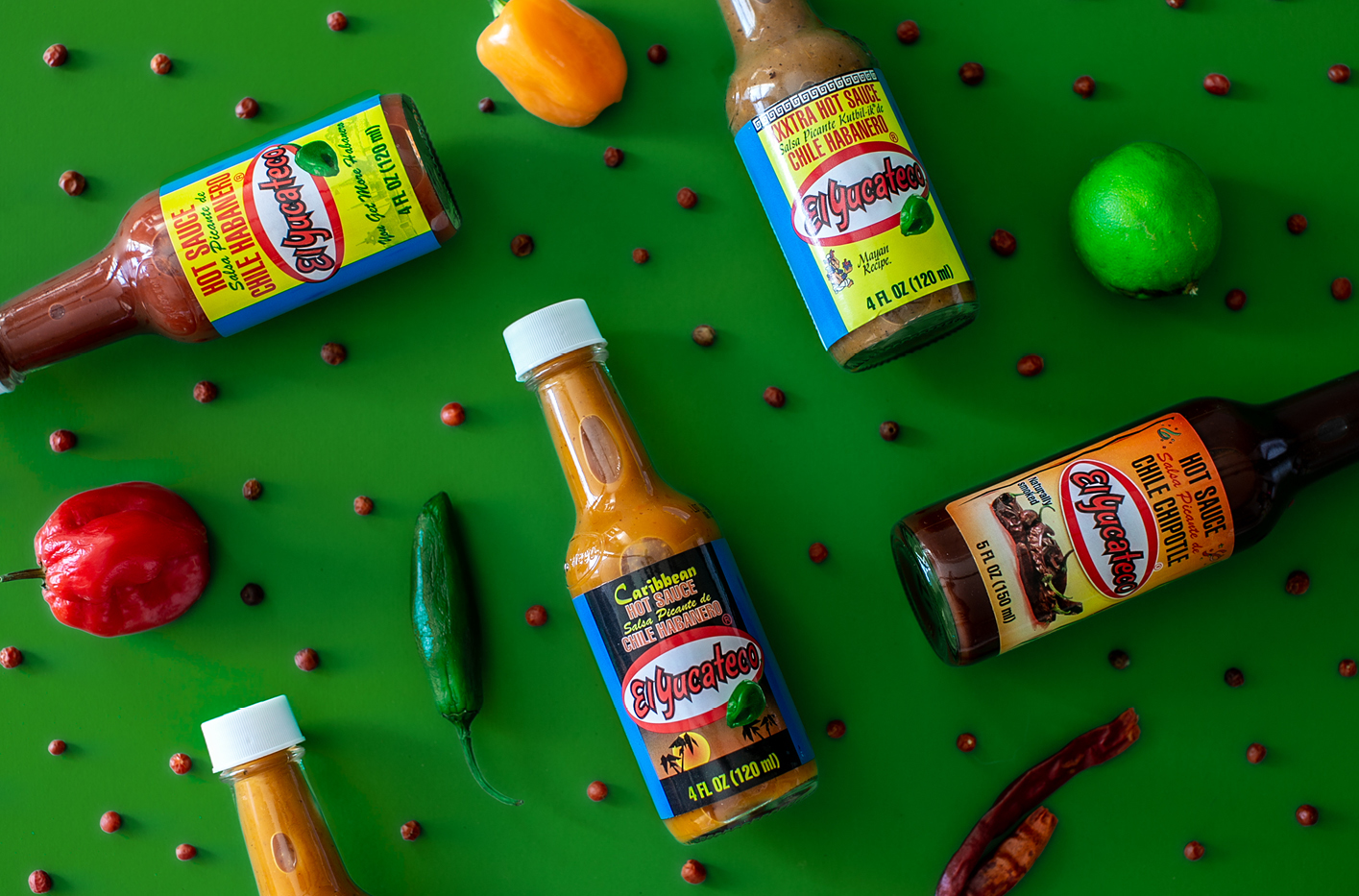
Another problem with commodities is that traders will use competition as leverage against other farmers, rather than generating long-term relationships and paying fairly. If you go to the supermarket and one day you have Israeli avocados and the next day you have Mexican avocados, you don’t care. As long as the avocado tastes nice, it’s fine. But if you go to a supermarket and you buy branded Heinz ketchup, or El Yucateco chipotle sauce, that’s where you find loyalty with customers. That’s why I represent brands and products that have added value. When I import avocado oil or habanero sauce, the money that goes to Mexico has more impact in the economy: there is money for the person who produces the label, the person that makes the bottle. I can’t go to a brand and say I want everything half price, because that’s not the way it works and I know people want that particular brand. But with the lemons or pineapples, you can go to Costa Rica and say, Nigeria agreed to give me them for 30p, I want you to give them to me for 25p.
British people love Mexican food, and are increasingly interested in eating and cooking with Mexican ingredients. But this country still has a lot to learn about it. One of my favourite products to share with British people is nopales, or cactus leaves. Nopales are not only delicious, they are incredibly versatile and good for you – full of fibre, vitamins and antioxidants. You can cook nopales with scrambled eggs, make them part of a taco with green sauce, or part of a salad. Everyone enjoys nopales, but if you give it to a vegan person, they go absolutely bananas. Vegans sometimes feel quite limited in their diet, especially when you go to a restaurant and they give you a rabbit salad. I can cook you vegan Mexican meals every day of the month and each meal will be something you haven’t tried.
I can cook you vegan Mexican meals every day of the month and each meal will be something you haven’t tried
One of my favourite dishes to cook is mole. The recipe has been around for about 300 years, so it has to be good, doesn’t it? Mole is a sauce made from about 40 different spices and cacao. People think it has chocolate in it, but it actually has cacao seeds, which come from Mexico originally. I see it as a glorified Mexican curry, it’s spicy but not hot, and we would have it on top of duck or chicken with sour cream, fresh cheese, loads of coriander and white rice.
In Mexico it takes so long to make mole that if you come from a place like my hometown, where there isn’t a lot of money, if somebody is about to get married they will say ‘we need to start chopping the ingredients for the wedding mole now’. It’s such an ancient tradition that now even rich people say ‘are we having mole this year?’ meaning ‘are you going to get married?’
Another of my favourite dishes is a stuffed chilli. I can’t begin to describe the amount of different types of chillies that we have: ancho, habanero, poblano, mild, medium, hot. The list is endless. Most of the stuffed chillis are not particularly spicy. You stuff them with goat cheese, vegetables or meat, or a kind of Mexican chilli con carne but made with apple, mango, fruit and spices. They go inside a poblano chilli, which is like a green pepper, but with more flavor. It goes into the oven and then it is covered in a walnut sauce with cream, and with pomegranate seeds on top. It’s amazing. That’s our traditional independence day dish: chile en nogada. It’s not very good if you’re on a diet but it’s delicious.
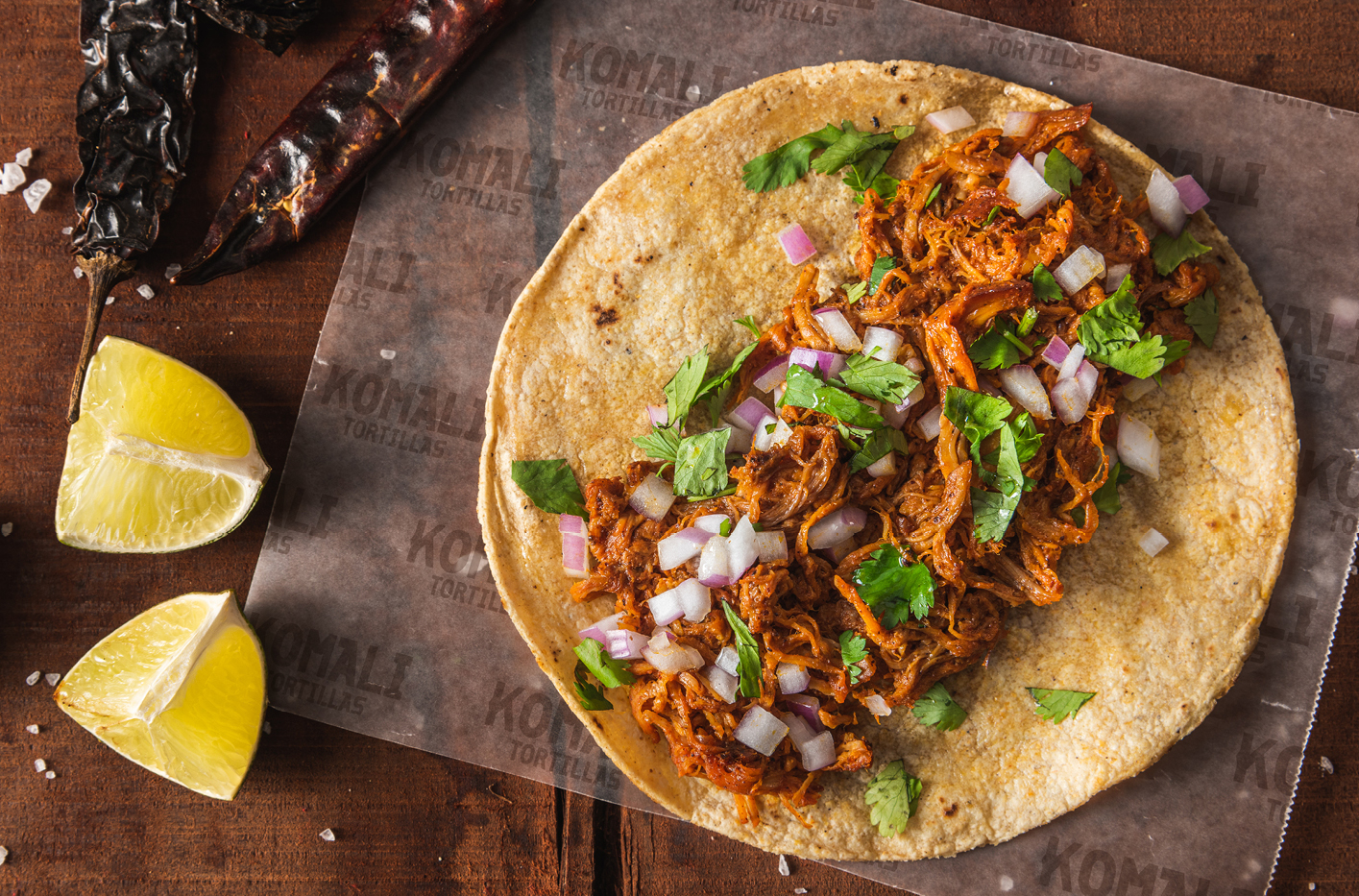
The biggest lesson I’ve learned in business is to be creative and never assume anything. You also always have to think that if something can go wrong, it will. Business is tough; 99 per cent of the time there are problems – with deliveries, supplies and with Covid-19, it was chaos. The restaurants stopped paying and then they closed down. Our sales went down 90 per cent during lockdown, and we had to adapt and be creative. We started trading with small independent Indian, Pakistani and Chinese groceries and in the end we did well, because people were looking for food in convenience stores and farm shops and there we were!
Mexgrocer is the fourth business I started and has been quite successful, I’ve made good money out of it. But I am convinced that you don’t have to screw over other people to do well in business. The three values of Mexgrocer, that everyone who works for us knows inside out, are: build long-term relationships, create value for both parties, and be loyal. I think it’s important that every relationship that you have, including clients, suppliers, even competitors, should be fair. I’ve been in this industry for 19 years and something I look after more than anything else is my reputation as a businesswoman, and Mexgrocer’s reputation. Everyone in the Mexican food industry in Europe knows that Mexgrocer will never stop paying your bill or take advantage over a price. Having that ethic means you can sleep well at night, but it’s also about making the world a better place, making it fairer for everyone.
Having that ethic means you can sleep well at night, but it’s also about making the world a better place, making it fairer for everyone
I do a lot of mentoring, especially with women who want to start their own business or want to change career. And I always tell them that it’s so important to have your ethics in the right place. Because if you’re passionate about what you’re doing, are prepared to work hard and you get your ethics in the right shape, sooner or later things happen.
It’s harder to be a woman at the head of a business than a man. It’s harder in Mexico than it is here and harder in the past than it is now. Everything is changing towards being more equal. I have two daughters and I hope that by the time they are in business, it will be better.
There are so many men in business and often when you speak to them, they feel uncomfortable or don’t take you seriously. When I started my own business at 26, a client said to me: ‘You’re too pretty and too young to be taken seriously’. I found it incredibly offensive. I said: ‘I’ve got a master’s degree, I have been a university lecturer, I speak four languages, and I’ve been working since the age of eight, so please don’t patronise me’. Another thing that upsets me – I have to go to events frequently because of my work – and every time I’m introduced to somebody they assume my husband is the owner of Mexgrocer. He’s never been involved in the business. He does something completely different.
One of the things we want to do for the future of Mexgrocer is be a platform for anybody in Mexico and Latin America that wants to export not only to the UK, but to the whole of Europe. We want to buy a bonded warehouse where people can have their stock without having to pay the taxes until the sale is done. For some of these products, alcohol in particular, once they cross the border it’s £7 per bottle of tequila. It’s an ambitious programme, but you have to be ambitious in this life. You don’t get if you don’t ask.


